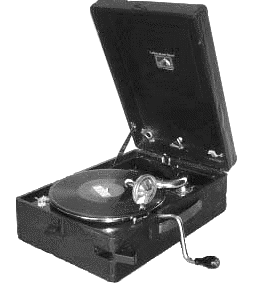Tweaks
Tweaking your system to death seems the way to audio nirvana.
I like to have a full functional dedicated audio PC with a crisp response.
A crippled one is not my preference when using a PC as an audio source.
Having as few system services running for the sake of having as few system service running doesn’t appeal to me.
In my opinion a lot of the tweaks mentioned in this section don’t do much to improve sound quality. Some might have secondary benefits like reducing the noise of the HD (mine is a bit noisy as it is an iMac). Some however do work.
As our perception differs as much as our systems it is YMMV (Your Mileage May Vary).
Playing the file from a deeply embedded folder instead of from top of directory:
Audible.
Seems to have same effect when file path name is maximum length, regardless of directory structure. Probable reason -- buffering issue, since the music playback software takes considerably longer to load the data prior to playback in these cases.
LessLoss
If you read an advise like this one, will you run to your PC to move all audio to the root and shorten the file names as much as possible or will you run to get a pair of fresh underpants?
Windows Resource Monitor
The Windows Resource Monitor is your friend.
It tells you what is going on in your system.
Activate it as soon as you are logged in.
You see a hell of a lot of processes doing all kind of dark things, lots of CPU, HD access, network traffic.
After a while all these values start to drop.
You see very little CPU (Yep, the Resource Monitor uses a bit)
No I/O on the HD
No network traffic
System is idle.
This explains why a lot of tweaking probably has little or no effect on sound quality.
Once a process is finished it might be resident in memory but that is all it does.
- Building Yet Another Absolute Fidelity® Music Server - Gary Koh
- The Black Viper
- Windows 7 optimization guide - Sweetwater
- Glitch Free - Brad Robinson

